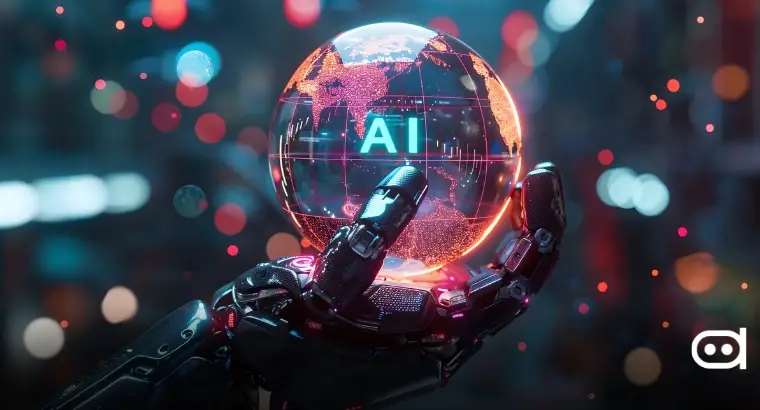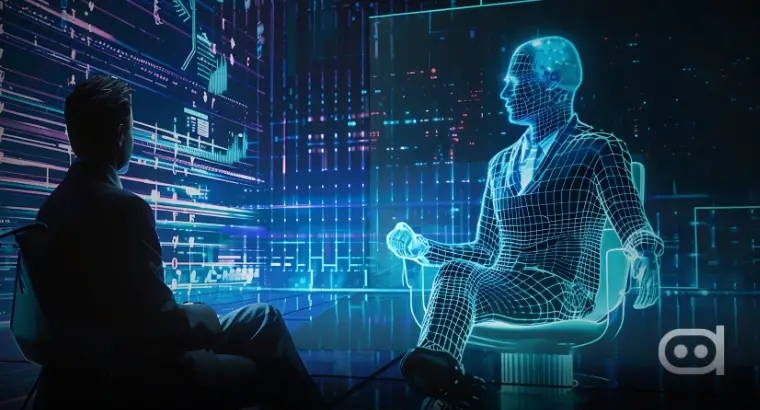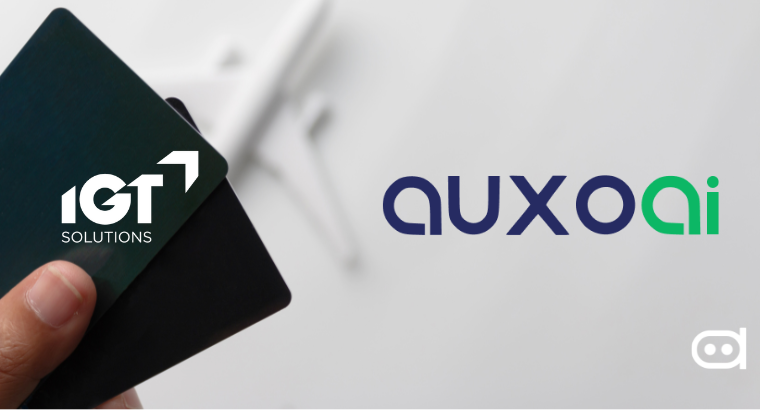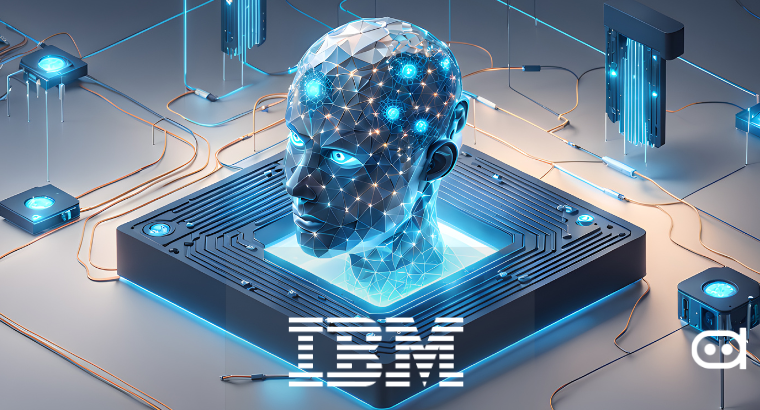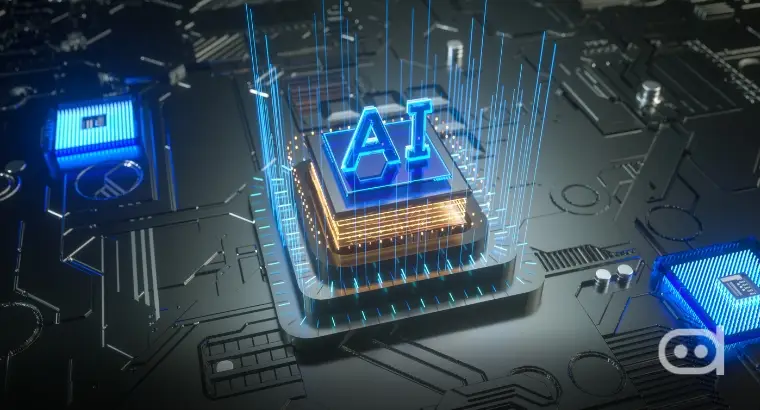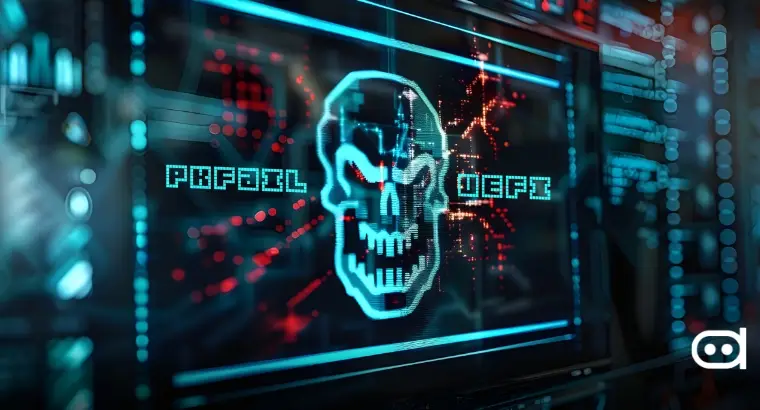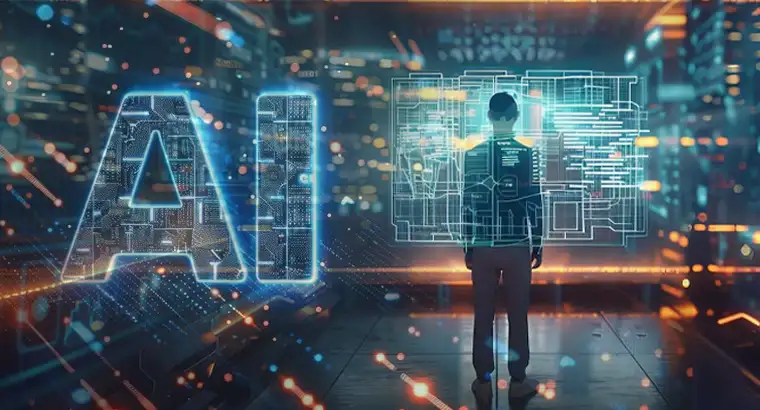
Today, technology dominates the world, and there is a trend towards artificial general intelligence (AGI). As a result, the ethical implications of such progress remain questionable. The goal of building an AGI has been under discussion since the 1950s when Alan Turing introduced the Turing Test in his work “Computing Machinery and Intelligence.” However, with recent advancements such as Dr. Ben Goertzel’s “The Robot College Student Test,” in which he suggested that AI should be able to get a college degree using the available resources for college students, the debate has risen to another level.
The transition from early AI systems implemented in the 1960s to contemporary complex AI networks and deep learning constitutes a watershed moment in the field. This was formerly merely a science fiction wonder, but scientists are today on the verge of developing machines with generalized intelligence comparable to that of humans. Google, Microsoft, OpenAI, and Facebook are in the vanguard of AGI, with major financial and data platforms from billions of people worldwide to power future generations.
As these companies have access to vast resources, state-of-the-art infrastructure, and a rich pool of international talent, there is a problem with their focus on centralized AGI development. The centralization of data and decision-making within a few large companies creates threats to personal data leakage and violations of ethical standards, as well as the danger of technology monopolization. Such a scenario raises questions about the accessibility and the moral implications of AGI created under such contexts.
Amidst these concerns, an alternative paradigm emerges, the fully decentralized approach to AGI, exemplified by projects like SingularityNET. Proponents of decentralization are advocating for a system that is transparent, collaborative, and proportionate in the distribution of resources.
While large corporate technology companies are more secretive in their operations and often do not make their work and findings available to the public, decentralized projects, on the other hand, make their research, data, and methodologies accessible to the public. This approach not only promotes product differentiation and enhances ideas and techniques but also aims to ensure a fair distribution of the promising benefits of AGI in society.
It is evident that since its inception in 2017, SingularityNET has been at the forefront of advocating for decentralized and democratic AGI. This implies that a large number of developers and users will build future AGI technologies, making them open-source and easily accessible to a broader society. SingularityNET primarily reflects its work ethic towards ethical considerations and strategic partners, demonstrating how dedicated and responsible its approach to developing safe and beneficial AGI is for the betterment of humanity.
The evolving narrative of AGI development reveals a fork in the road: the path of top-down control vs bottom-up approaches. Each offers various predictions for how AGI will evolve and operate in society. While centralization may accelerate technological advancement, it may also result in unethical and monopolistic outcomes. On the other hand, the decentralized approach is more participatory and allows for greater public participation in the development process, but it lacks resource mobilization and coordination.
As global civilization considers these possibilities, the evolution of AGI will inevitably shape the dimensions of human technical, social, and moral reality. AGI is more than just a technology aim; it must align with and embody the full range of human values and purposes. In this regard, the path to AGI necessitates a collaborative effort to mold it in a way that is consistent with the greatest of human goals and the greater good.

